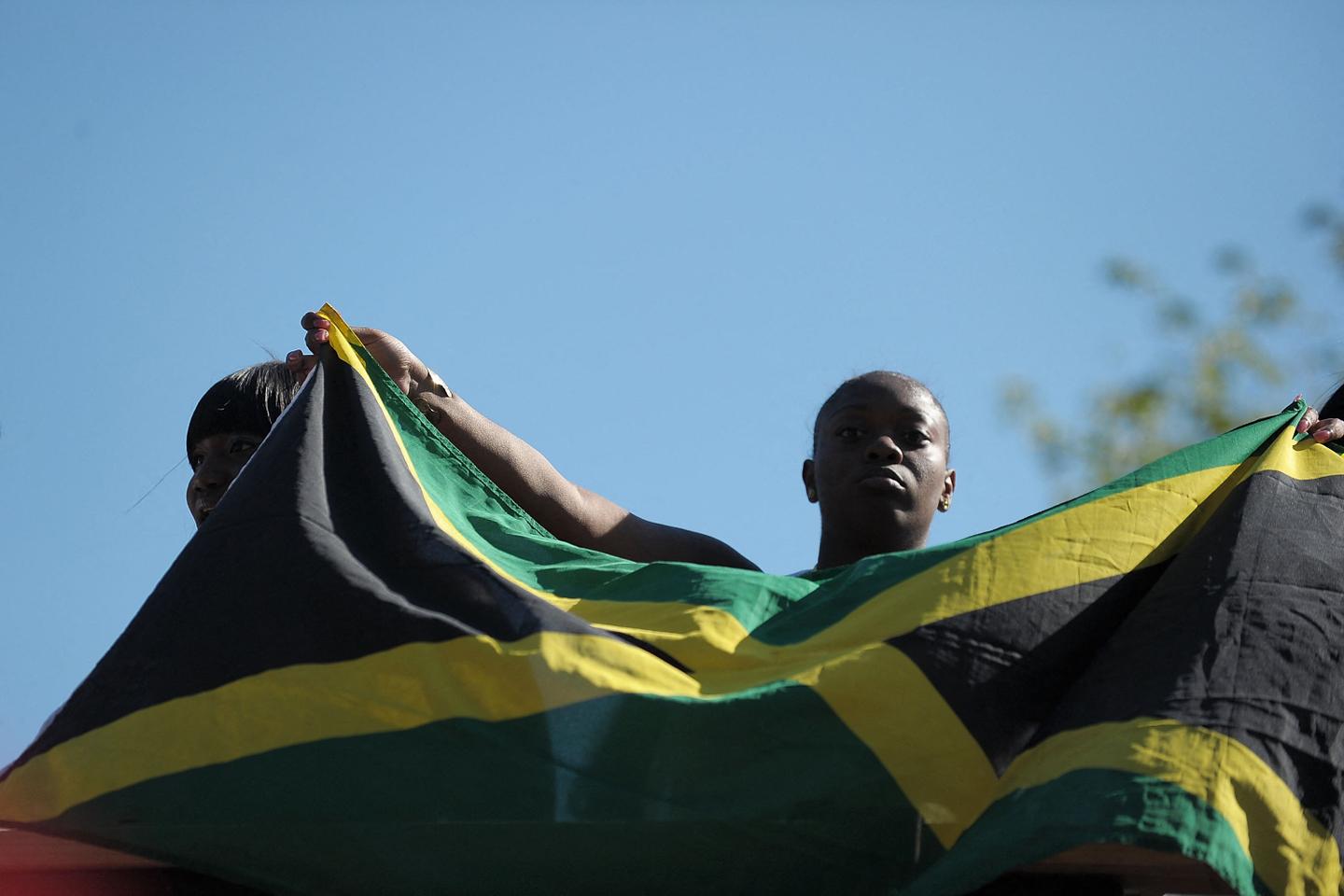


The top civil servants of France's Finance Ministry would be well advised to visit Jamaica. While public debt has been swelling all over the world, sparing no nation, rich or poor, the small Caribbean island is one of the few to have cut its own by half, in just 10 years. In 2013, Jamaica was dubbed the "Greece of the Caribbean," such was its critical situation. Debt reached 146% of gross domestic product (GDP), and its repayment alone absorbed half of public spending. Ten years later, it has fallen to 73.5% of GDP.
No other country, apart from Iceland and Ireland, has recorded such a performance over this period, a trajectory made all the more exceptional by the fact that the debt burden continued to rise everywhere else, especially after the Covid-19 pandemic. It is set to reach all-time highs of 120% of GDP in developed countries and 80% of GDP in emerging countries by 2028, according to International Monetary Fund projections.
There are two main reasons for this success. Firstly, Jamaica has put in place a clear roadmap, with a fiscal law, passed in 2010, obliging the Minister of Finance to achieve a balanced budget by 2016 or to cap public sector salaries at 9% of GDP. Exceptions to these rules are provided for in the event of natural disaster or crisis, as occurred during the Covid-19 pandemic. These were the findings of "Sustainable Debt Reduction: The Jamaican Exception" by Serkan Arslanalp, Barry Eichengreen and Peter Blair Henry, published in the Brooking Institute's Brookings Papers on Economic Activity in March 2024.
Broad consensus
But it is mainly thanks to increased budget revenues that the country has managed to reduce its debt. It has put an end to numerous tax loopholes and increased income tax, particularly on the higher brackets. But these tax laws have often not been respected. To ensure that they are, Jamaica has worked hard to build a broad consensus: The solution to the debt problem is also political. The government has brought civil society players, union representatives and opposition parties to the table to arrive at a reduction plan that is as fair as possible.
Without consensus, it would have become hostage to political divisions and would have disappeared in the event of a changeover. An independent committee was set up to monitor the evolution of the debt and the reforms implemented, quarter by quarter. Their members even traveled across the country, with their reports under their arm, to explain why debt reduction was important.
If the World Bank is to be believed, this plan has not impoverished the country. Quite the contrary, in fact. "The social protection system has been strengthened, which has contributed to increased equity, social resilience and poverty reduction," the institution said of the austerity plan implemented in 2013, adding that, "during the peak of the [Covid-19] pandemic, the government was able to provide temporary assistance to vulnerable households and businesses to offset income losses, protect jobs and stimulate demand."
You have 20.75% of this article left to read. The rest is for subscribers only.
